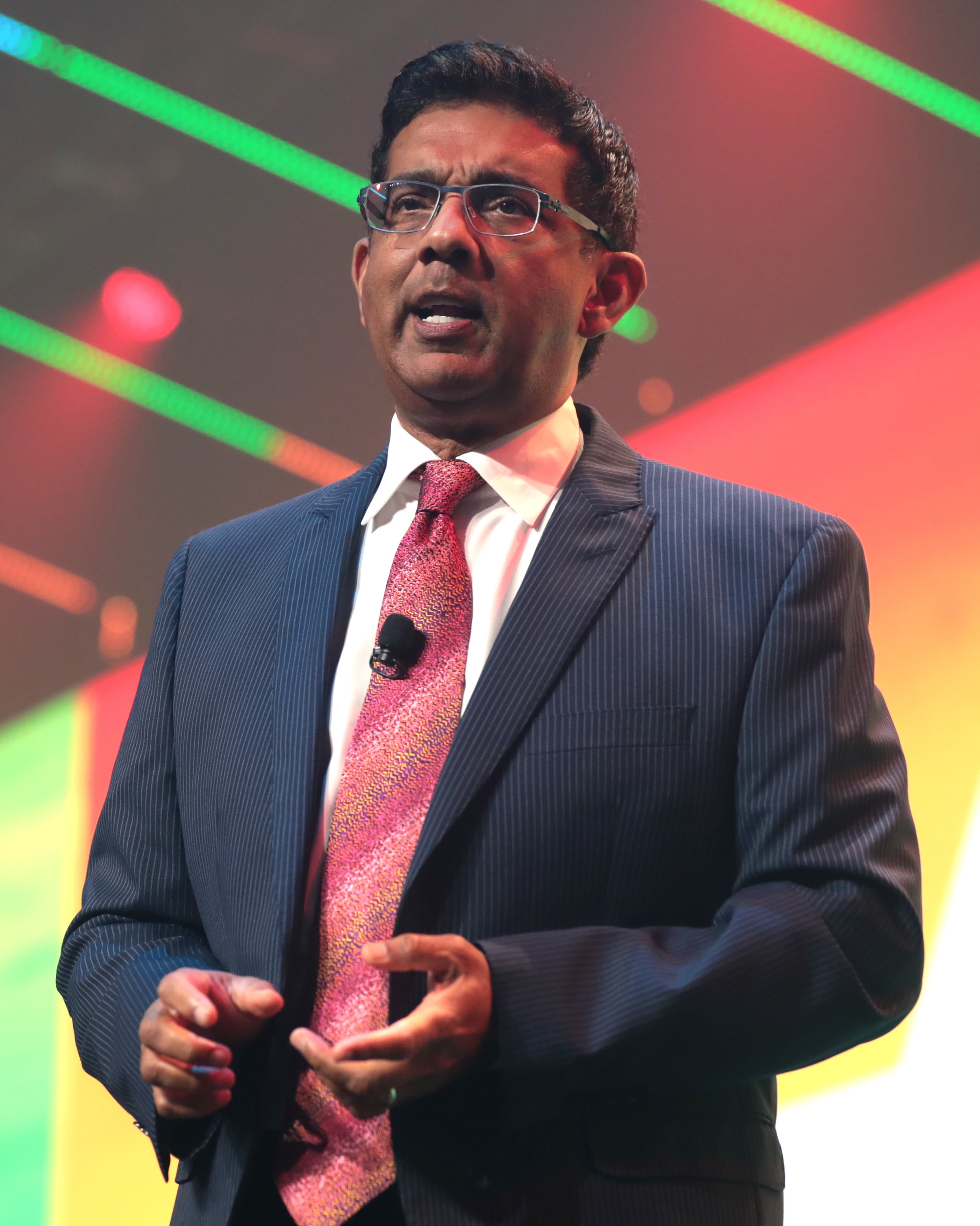Dinesh D'Souza Demands "Concrete, Verifiable Evidence" to Dispel "Stupid Party" Label

Conservative commentator Dinesh D'Souza recently issued a challenge on social media, stating he would only reconsider the "STUPID PARTY" label for the Republican party if presented with "concrete, verifiable evidence to the contrary." D'Souza outlined his criteria for such proof, emphasizing, "Until I see some concrete, verifiable evidence to the contrary, I’m going with the DNA, footprint, first hand family testimony and video evidence in this case."
The "stupid party" epithet has a long history in American political discourse, frequently directed at the Republican Party by its critics. This label gained prominence in the mid-20th century, often used to suggest an anti-intellectual stance within conservative circles, contrasting with the perceived intellectualism of the Democratic Party. While some Republicans have dismissed the characterization, others have strategically engaged with it, sometimes even embracing it in populist appeals.
D'Souza's insistence on specific forms of evidence, including "DNA, footprint, first hand family testimony and video evidence," aligns with his past work, particularly his controversial 2022 film "2000 Mules." That documentary, which alleged widespread voter fraud in the 2020 U.S. presidential election, heavily relied on geolocation data and surveillance video footage to support its claims. However, the film's methodology and conclusions have faced significant scrutiny and debunking by fact-checkers and election experts.
Known for his provocative films and commentary, D'Souza has consistently positioned himself as a challenger to mainstream narratives. His career has been marked by both best-selling publications and considerable controversy, including a 2014 conviction for illegal campaign contributions, for which he later received a presidential pardon. His recent social media post continues his pattern of demanding specific types of evidence to substantiate political arguments, reflecting his ongoing engagement in contentious public debates.